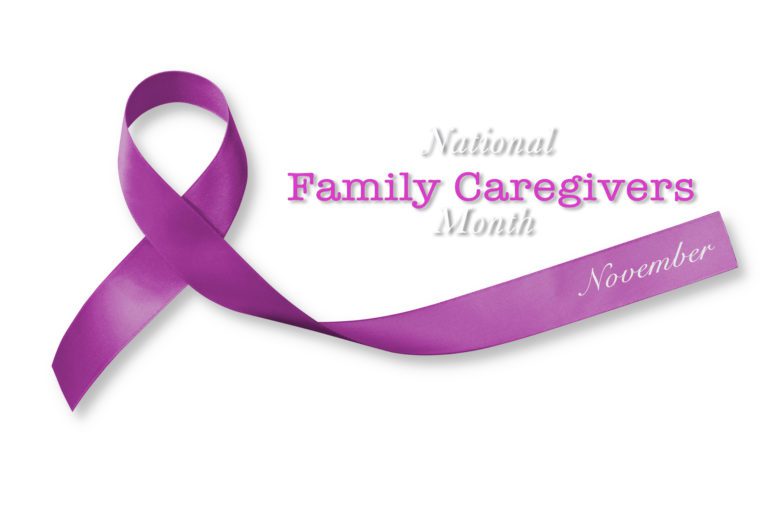When a loved one is facing a serious or terminal illness, it can be overwhelming to navigate care options while also coping emotionally. Words like “palliative care” and “hospice care” often come up in conversations with doctors, but many people aren’t entirely sure what they mean—or how to choose the right path.
At From The Heart Home Care, we understand how difficult this time can be. We believe knowledge is power, and our mission is to provide compassionate guidance so families can make the best choices for their loved ones. This article breaks down the differences, similarities, and essential roles of both palliative and hospice care to help you make informed decisions with confidence and peace of mind.
What Is Palliative Care?
Palliative care is a specialised type of medical care that focuses on relieving symptoms and stress caused by serious illnesses. Unlike hospice care, palliative care isn’t only for end-of-life situations. It can be provided at any stage of an illness, even alongside curative treatments like chemotherapy, dialysis, or surgery.
Think of palliative care as an added layer of support—designed to enhance comfort, improve quality of life, and help patients live as fully as possible.
Key Objectives of Palliative Care:
- Alleviate pain, nausea, fatigue, and other physical symptoms
- Address emotional, mental, and spiritual needs
- Support patients and families through complex medical decisions
- Coordinate care between healthcare providers
- Enhance quality of life regardless of the stage of illness
This approach is especially helpful for individuals dealing with long-term conditions such as cancer, heart failure, chronic obstructive pulmonary disease (COPD), kidney disease, or neurological disorders like Parkinson’s or Alzheimer’s.
Who Benefits From Palliative Care?
Anyone living with a serious or chronic illness can benefit from palliative care. It’s not about giving up on treatment—it’s about feeling better while receiving it. Some families choose to begin palliative care early in the diagnosis to build a support system, manage symptoms, and navigate the emotional journey.
At From The Heart Home Care, we help implement in-home palliative care that brings comfort, dignity, and personalized attention directly to your doorstep.
What Is Hospice Care?
Hospice care is often misunderstood. Many assume it means giving up. In reality, hospice care is about choosing quality of life over quantity when curative treatments are no longer effective or desired.
Hospice care is typically recommended when a physician believes a person has six months or less to live if the illness follows its expected course. At this stage, the focus shifts from aggressive treatment to comfort, peace, and emotional well-being.
Core Components of Hospice Care:
- Pain and symptom management
- Personal care assistance (bathing, dressing, eating)
- Emotional and spiritual support for the patient and family
- Bereavement support for loved ones
- Around-the-clock access to care and guidance
Hospice care can take place in a facility, hospital, or—most commonly—in the comfort of one’s home, where the environment is familiar, safe, and filled with love.
Hospice Isn’t About Giving Up—It’s About Living Fully
Choosing hospice care doesn’t mean a loved one is being “abandoned” or “left to die.” Instead, it’s about honouring their wishes, managing pain effectively, and helping them live as comfortably and meaningfully as possible during their final months.
At From The Heart Home Care, we deliver home-based hospice support with empathy and respect, ensuring every moment is met with comfort, compassion, and dignity.
Palliative vs. Hospice Care: Understanding the Difference
While palliative and hospice care share a similar mission—relieving suffering and supporting well-being—they serve different purposes depending on the stage of illness and care goals.
Here’s a simple breakdown:
| Aspect | Palliative Care | Hospice Care |
| Timing | Any stage of illness | Final 6 months of life |
| Treatment Focus | Can include curative treatments | Focus is on comfort only |
| Location | Hospital, nursing home, or at home | Typically provided at home or hospice facility |
| Duration | As long as needed | Usually limited to end-of-life period |
| Goal | Improve quality of life alongside treatment | Provide comfort and dignity at end of life |
The Role of Family in Palliative and Hospice Care
One of the most profound aspects of both care types is their family-centred approach. Caring for a loved one during a serious illness can be physically and emotionally exhausting. That’s why support for the family is just as important as care for the patient.
How We Support Families:
- Education about disease progression and care expectations
- Assistance with care planning and medical decisions
- Help with legal and financial preparations
- Emotional and spiritual support, including grief counselling
- Respite care for family caregivers
At From The Heart Home Care, we work closely with families to ensure that everyone feels heard, supported, and empowered every step of the way.
Learn More: The Difference Between Memory, Dementia, and Alzheimer’s Care
In-Home Care: Comfort Where It Matters Most
The familiar sights, sounds, and smells of home can provide incredible comfort to someone who is ill or nearing the end of life. That’s why many families prefer to receive both palliative and hospice care at home.
Benefits of In-Home Palliative or Hospice Care:
- Personalised, one-on-one attention
- Reduced stress from hospital visits
- Enhanced comfort in familiar surroundings
- Flexibility to honour cultural and personal traditions
- Increased time with family and pets
Our team at From The Heart Home Care includes skilled caregivers, nurses, and companions who bring professional and heartfelt care into the home, creating a supportive environment that fosters dignity and peace.
When Should You Consider These Types of Care?
Signs It May Be Time for Palliative Care:
- Your loved one is frequently hospitalised for a chronic illness
- Symptoms like pain, fatigue, or depression are hard to manage
- You need help understanding treatment options or goals
- Caregivers feel overwhelmed or unsupported
Signs It May Be Time for Hospice Care:
- A doctor has given a prognosis of six months or less
- Treatments are no longer effective or are causing more harm than good
- The focus has shifted from cure to comfort
- Your loved one expresses a desire to spend their remaining time at home
Don’t wait until a crisis occurs to seek help. Palliative and hospice care are designed to ease the burden, not add to it.
From The Heart Home Care: Here When You Need Us Most
Choosing the right kind of care can feel overwhelming, but you don’t have to face it alone. At From The Heart Home Care, we approach every situation with empathy, experience, and a deep understanding of what families need during difficult times.
Our Services Include:
- Personalised palliative and hospice care plans
- Coordination with doctors and specialists
- Home health aide services and companionship
- Emotional and spiritual support for patients and families
- 24/7 availability for questions or emergencies
We are committed to preserving your loved one’s dignity, respecting their wishes, and surrounding them with care that comes straight from the heart.
Learn More: Why More Families Choose At-Home Cancer Care in Greenville
Final Thoughts: Compassion Is the Best Medicine
Whether your loved one is dealing with a long-term illness or approaching the final chapter of life, the type of care you choose can make a world of difference. Palliative and hospice care are not about giving up—they are about choosing to live with comfort, dignity, and love.
At From The Heart Home Care, we stand beside you on this journey. Our mission is to provide holistic, respectful care that addresses not just the illness, but the individual as a whole—body, mind, and spirit.
If you’re considering palliative or hospice care for a loved one, reach out to us. Let us help you bring peace, comfort, and support home—where it matters most.






